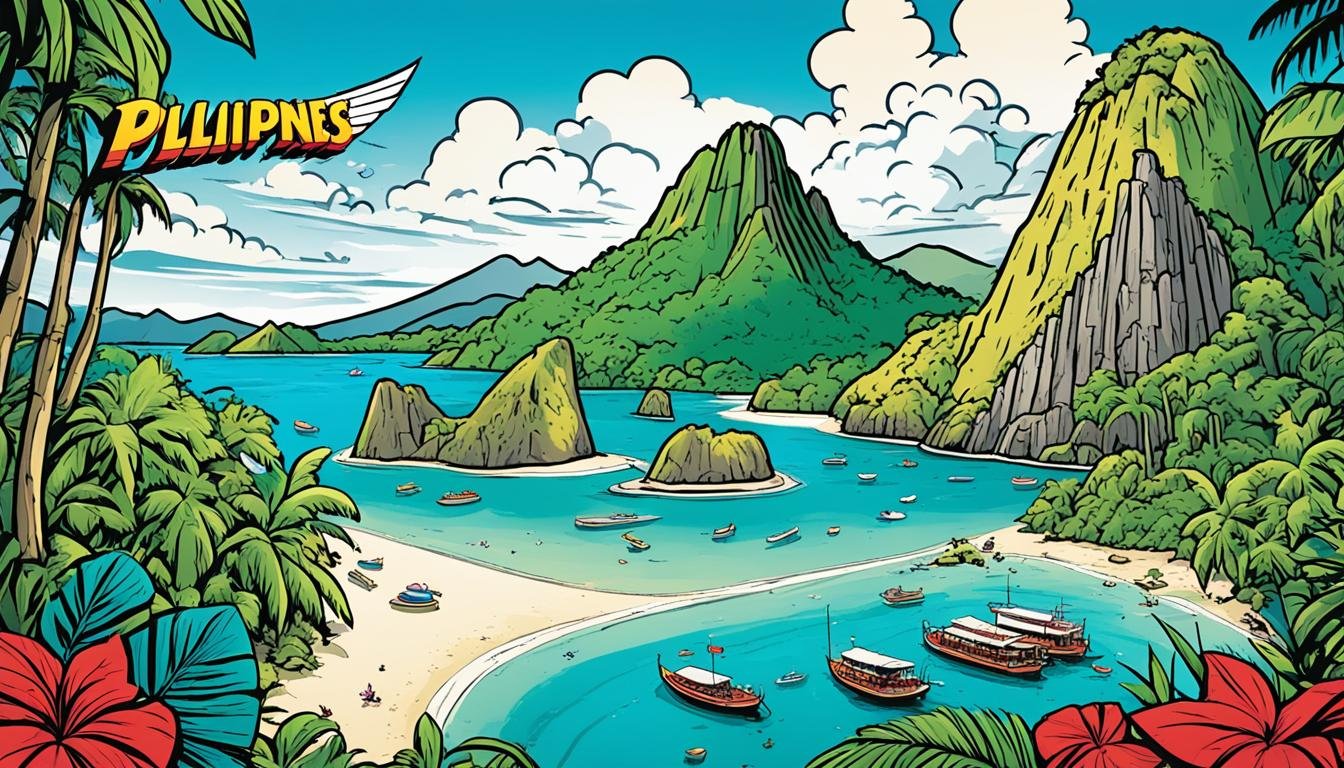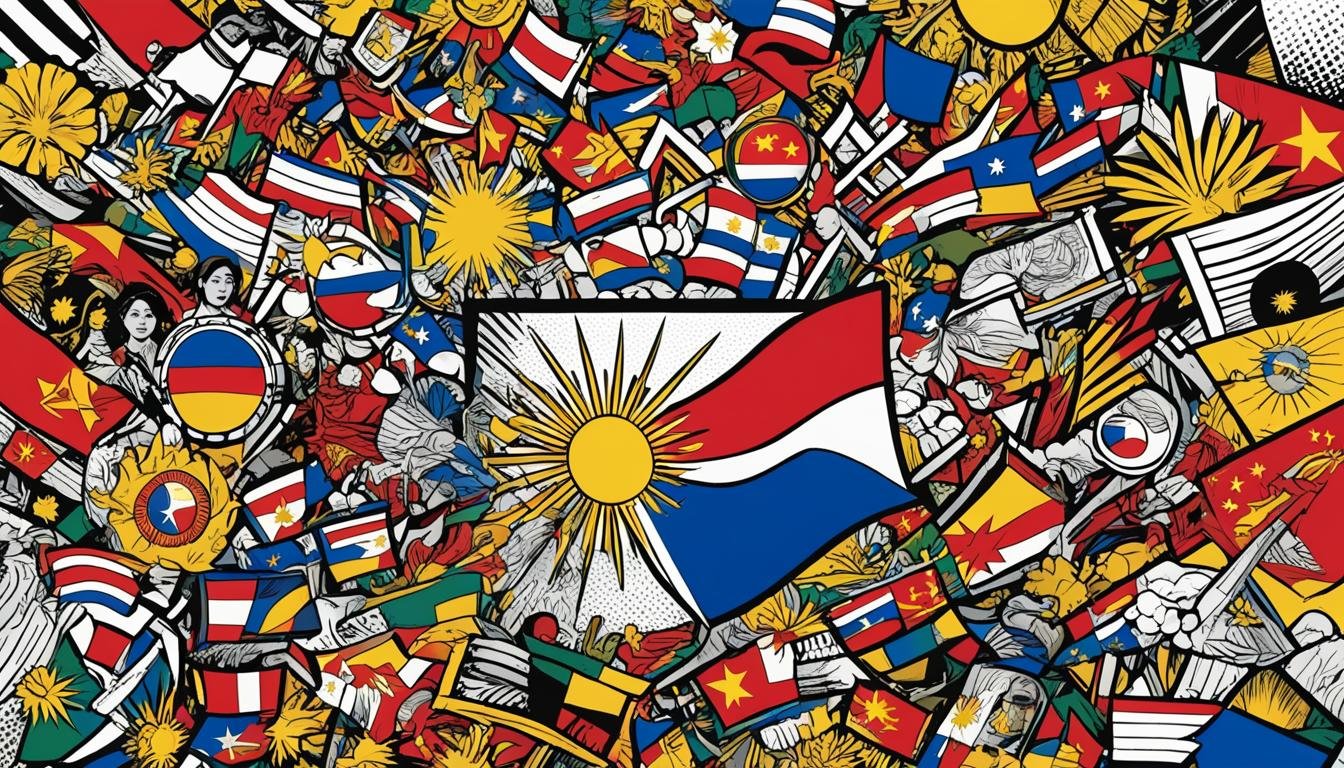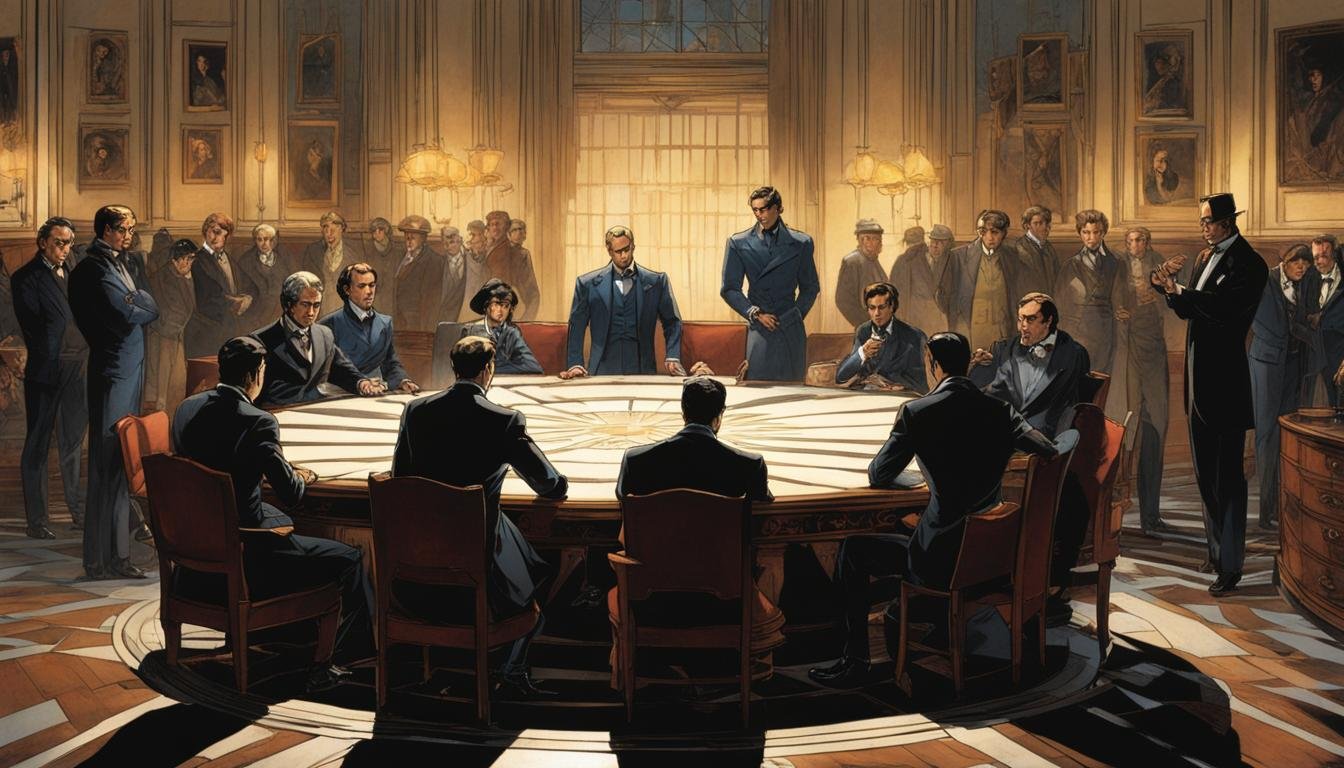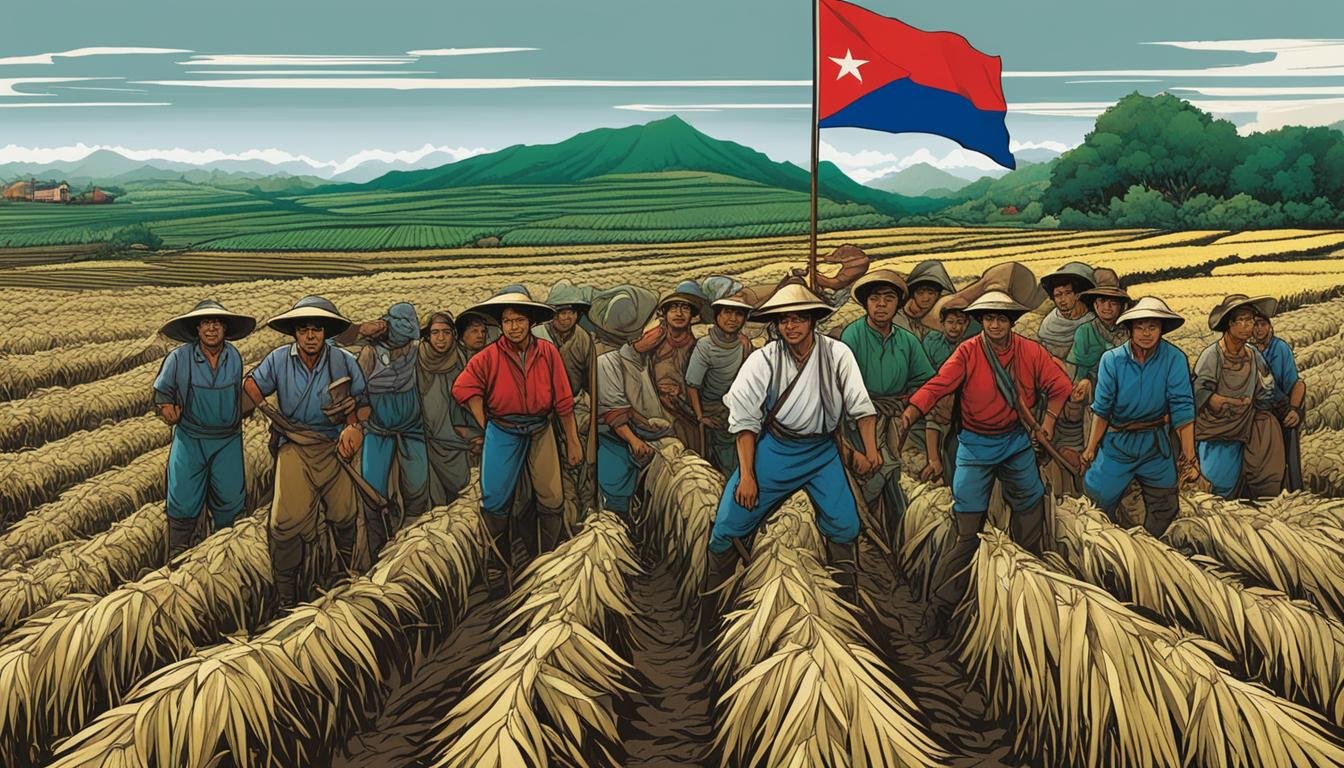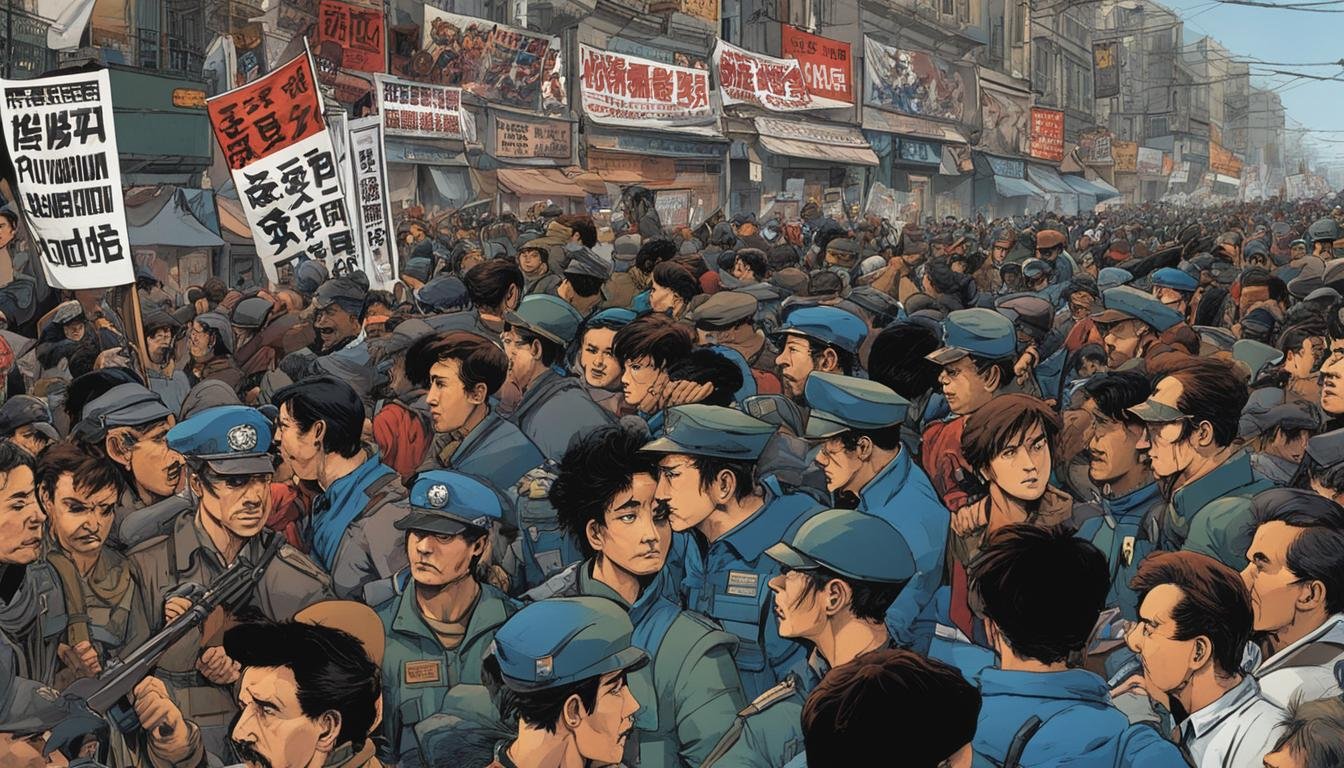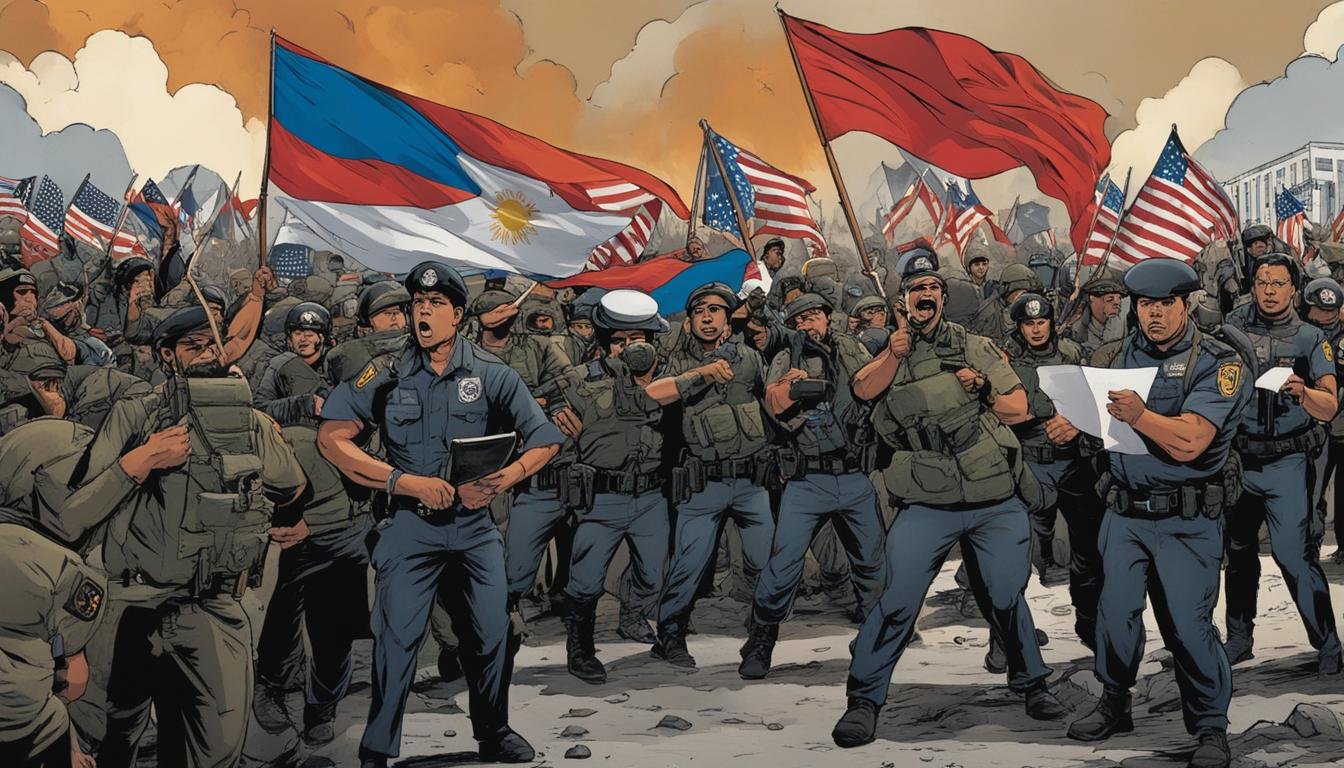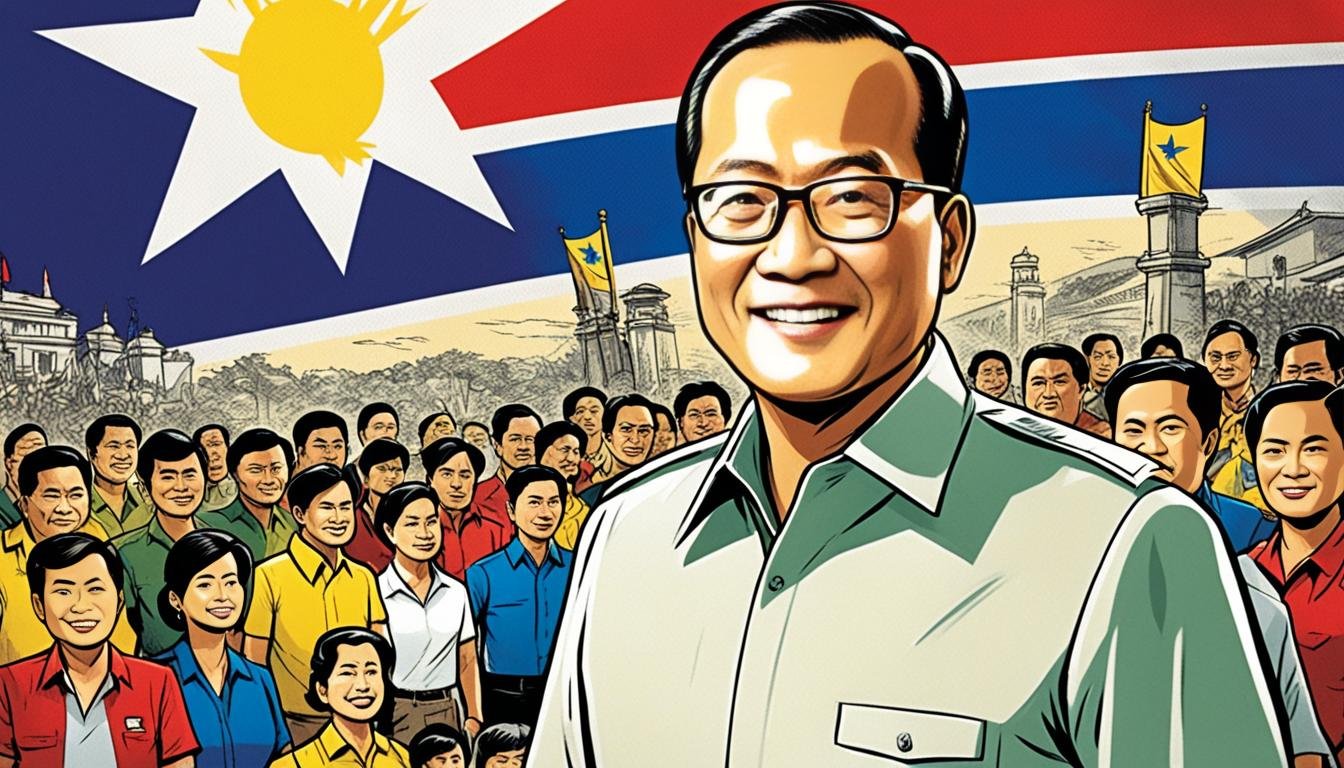The Tourism Department Philippines (DOT), often seen primarily through the lens of sunny beaches and vibrant festivals, plays a profound, albeit sometimes subtle, role in shaping and disseminating narratives of Philippine History. Beyond its mandate to drive economic growth through visitor arrivals, the DOT Philippines acts as a significant curator and promoter of the nation’s…
Tag: Ferdinand Marcos
Philippines Airport Code
An airport is typically perceived as a gateway – a place of arrivals and departures, connecting people and commerce across vast distances. Yet, some airports transcend their utilitarian function to become indelible landmarks in a nation’s history, their very grounds bearing witness to events that shape destiny. In the Philippines, one specific Philippines Airport Code…
The Philippine Nationalism and Identity in the Post-War Era (1946-1972)
Forging a Nation Amidst Ruins and Shadows The period from 1946 to 1972 stands as a defining chapter in the narrative of the Philippines, a time marked by the euphoria of regained independence and the daunting task of nation-building amidst the literal and figurative ruins of World War II. Emerging from decades of American colonial…
The Philippine Constitutional Convention of 1971: The Prelude to Martial Law (1971-1972)
The period between 1971-1972 stands as one of the most tumultuous and defining moments in modern Philippine history. At its heart lay the Philippine Constitutional Convention of 1971 (ConCon), an ambitious undertaking born from widespread public clamor for systemic change and reform of the aging 1935 Constitution. Envisioned as a vehicle for national renewal, addressing…
The Macapagal Presidency: The Land Reform Program and the Change of Independence Day (1961-1965)
The Dawn of a New Era and Enduring Changes The period from 1961-1965 marked a significant chapter in the annals of Philippine history, defined by The Macapagal Presidency. Ascending to power on a platform of integrity and a promise to uplift the common man, President Diosdado Macapagal steered the nation through a complex era characterized…
Marcos Calls Snap Election in Bid to Retain Power
Marcos Calls Snap Election in Bid to Retain Power: A Nation on the Brink The twilight months of 1985 found the Philippines teetering on the edge. Two decades under the iron fist of President Ferdinand Marcos had transformed the nation. What began with promises of progress had devolved into authoritarian rule under Martial Law Philippines,…
Military Bases Agreement: The Impact of US Presence on Philippine Sovereignty and Security
The relationship between the Philippines and the United States has been one of enduring complexity, shaped by a shared history rooted in colonialism, war, and strategic alliances. At the heart of this intricate bond, particularly in the post-World War II era, lay the US military bases in the Philippines. These installations, notably the sprawling Subic…
Post-War Reconstruction and Economic Development in the Philippines (1946-1972)
The period between 1946 and 1972 represents a foundational yet profoundly challenging era in Philippine History. Having just emerged from the brutal destruction of World War II and simultaneously gaining formal Philippine Independence in 1946, the fledgling republic faced the monumental task of Post-War Reconstruction Philippines while simultaneously charting a course for Economic Development Philippines…
Aquino Dynasty Restored: Noynoy Aquino Elected President
The narrative of Philippine history is intricately woven with the sagas of its leading political families. Among these, the Aquino family stands as one of the most prominent, their name inextricably linked to pivotal moments from agrarian reform movements to the struggle against authoritarianism and the restoration of democracy. The title Aquino Dynasty Restored: Noynoy…
End of an Era: U.S. Military Bases Close in the Philippines
The history of the Philippines is intricately woven with that of the United States. From the turn of the 20th century, following the Spanish-American War and the Philippine-American War, the archipelago transitioned from Spanish colonial rule to becoming a U.S. territory and, later, a close ally. A significant, and often contentious, aspect of this relationship…

